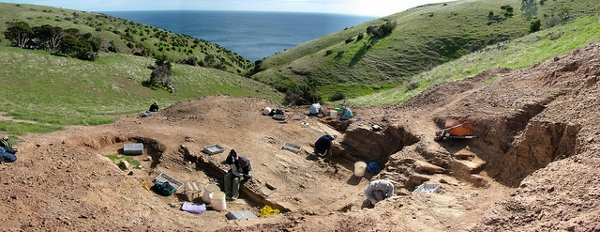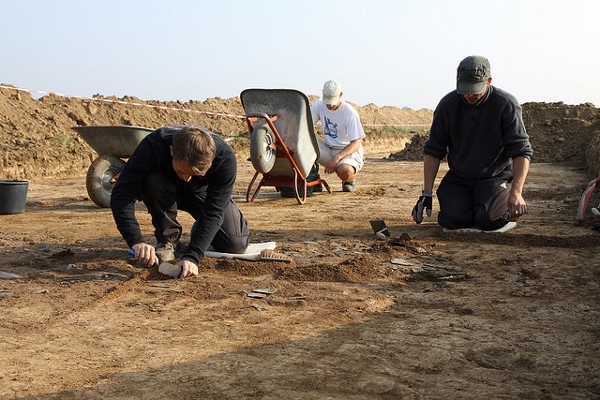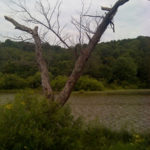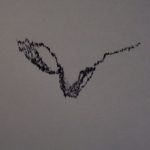When working through traumatic or painful memories, you may be like me and sometimes ask, “Is this worth all the effort and pain, or am I just wasting my time?” A good friend recently sent me this email that presents an encouraging picture of the efforts and rewards of carefully examining our pasts:

The Archaeologist
You are an archaeologist. You’re digging through the past, sifting through everything oh-so carefully. Reverently even.
Like an archaeologist, you need to be outfitted with the proper tools. Rather than a shovel, trowel, and sifter, you’ve equipped yourself with godly counsel, accountability partners, and the armor of God.
There are times when you’re actively seeking something. You know it’s there! You’re digging intently until blisters form on your palms. There are other times when your shovel unexpectedly collides with a foreign object. Sometimes you come upon skeletons. Sometimes only fragments of skeletons. When that happens, you have to dig deeper – yet carefully – to find the missing pieces. Only then are you able to fit the whole structure together into something that makes sense.
Like an archaeologist, you also uncover some priceless treasures as you’re digging. You discover good memories, positive moments, experiences that have helped form your character. You unearth long-buried gifts and find new pleasure in exploring them once again. You share these treasures with the world, and the world is richer for it.
While the skeletons may not seem as valuable as the hidden jewels, they themselves are priceless treasures. These bones reveal important information about the past.
However, like the artifacts collected by an archaeologist, the memories that you dig up don’t define the present.
Like dinosaur bones or shards of ancient pottery, the memories you’re discovering explain what life was like in the past. They fill in the gaps and answer lingering questions.
Specimens from excavation sites aren’t cataloged and analyzed overnight. The process takes time, research, patience. Sometimes the archaeologist must collaborate with other scientists. He needs their input to make sense of his discoveries. As an archaeologist may curate a collection of his artifacts, guiding others through his finds, you also have an opportunity to share your knowledge and experience with others. You’re acting as a guide, explaining the significance of what you’ve uncovered.

My friend’s words remind me that the careful examination of our past increases our awareness of God’s purpose for our lives. Our stories are more than a museum showcasing historical events; they are living models of hope for others.
“They overcame him by the blood of the Lamb and by the word of their testimony, they did not love their lives so much as to shrink from death. (Revelation 12:11)




Leave a Reply